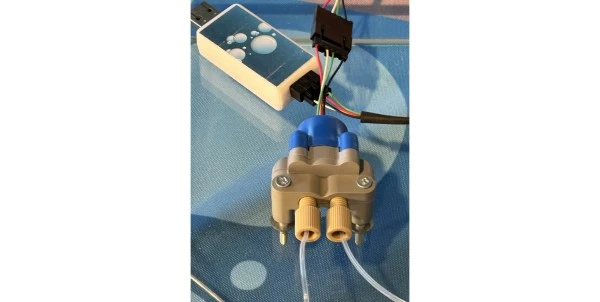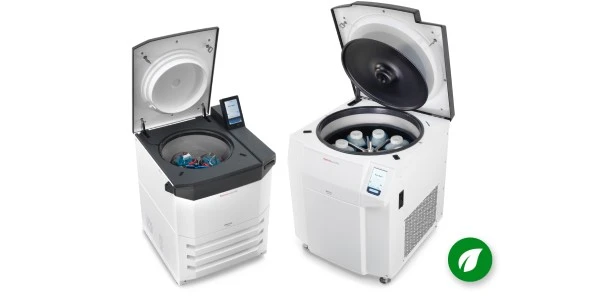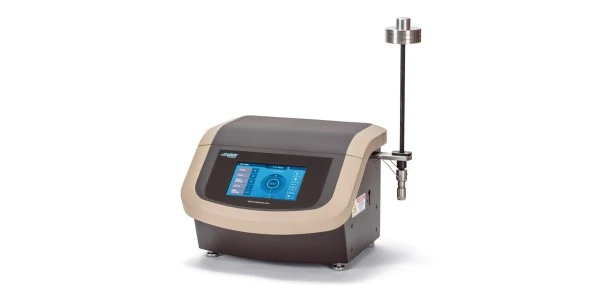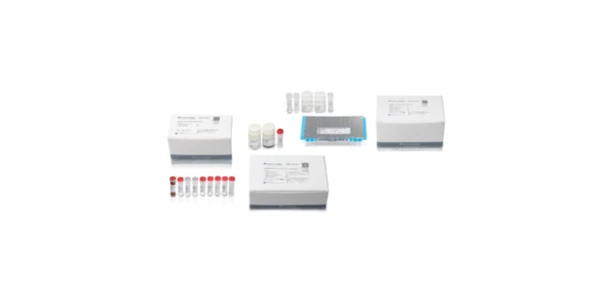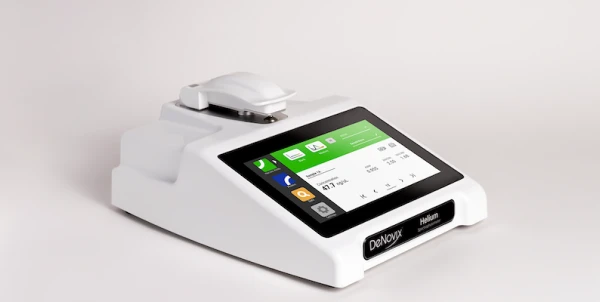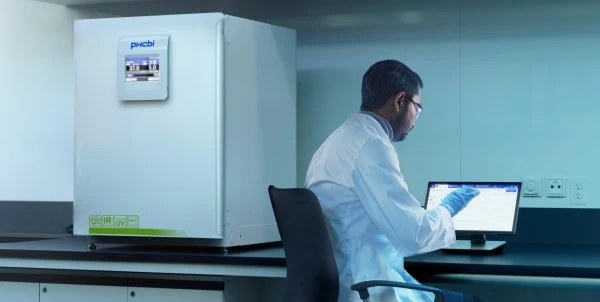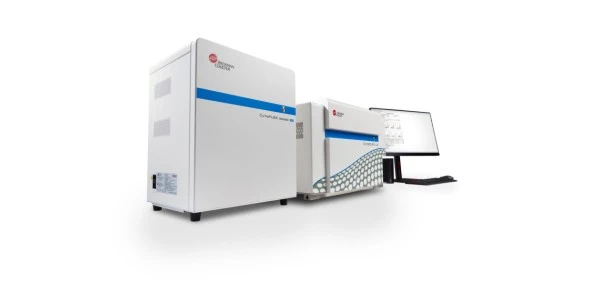The Best ICP-MS Systems: A Buyer's Guide to Price and Features
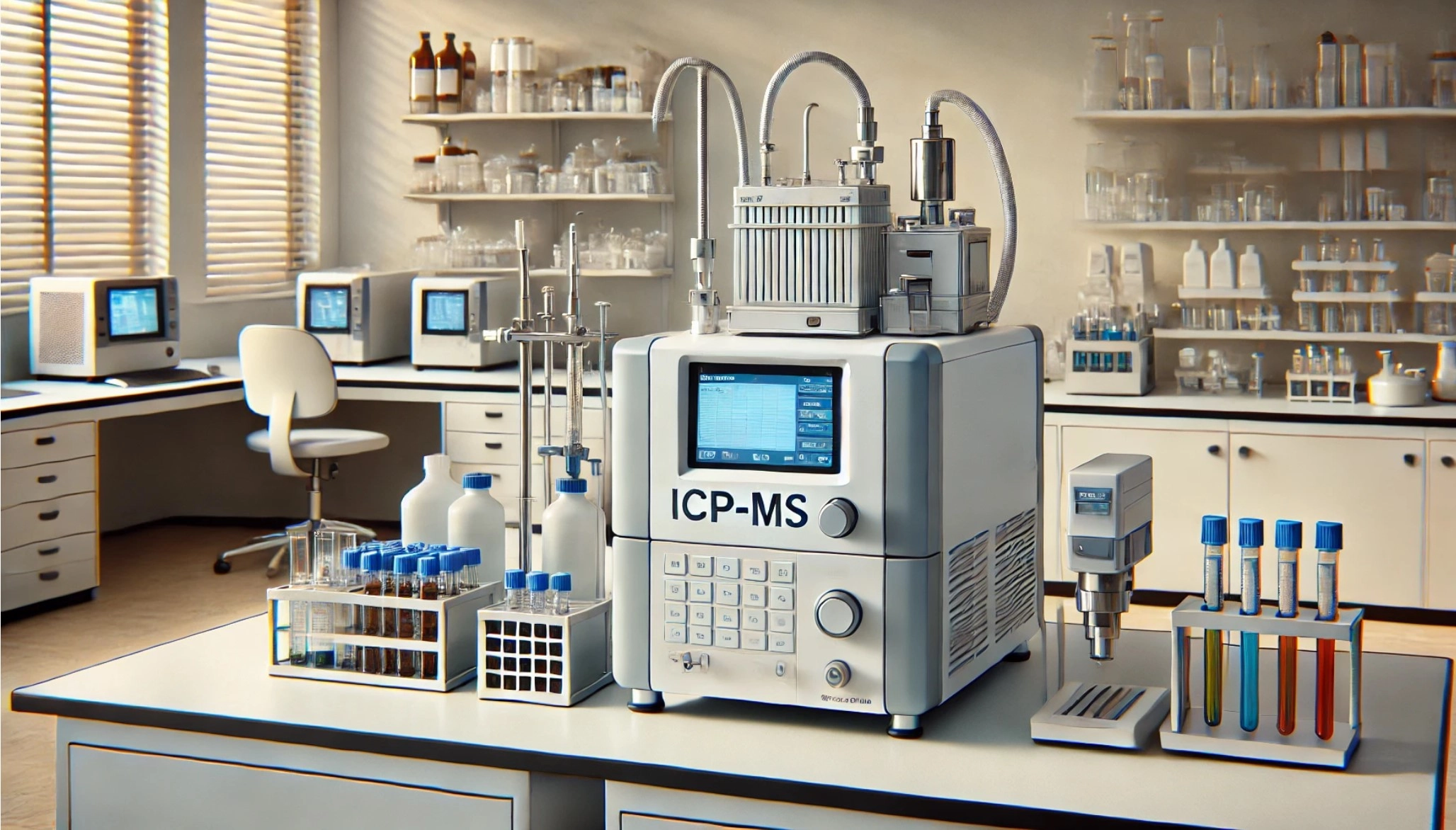
Sensitivity, Throughput, and Scalability are all Key Considerations When Finding the Best ICP-MS System for the Best Price
Inductively Coupled Plasma Mass Spectrometry (ICP-MS) is a powerful analytical technique used for detecting and quantifying trace elements and isotopes in various samples. This method combines the sensitivity of mass spectrometry with the wide elemental coverage of plasma, making it indispensable in fields such as environmental testing, clinical analysis, pharmaceuticals, and geochemistry. Choosing the right ICP-MS system is crucial for obtaining precise and reliable results, especially when dealing with complex matrices and ultra-trace level elements. This guide provides an overview of different types of ICP-MS systems, key features to consider, and a price guide to help you make an informed decision.
Types of ICP-MS Systems
1. Single Quadrupole ICP-MS
Single quadrupole ICP-MS systems use a quadrupole mass filter to separate ions based on their mass-to-charge ratios. These systems are widely used for routine analysis due to their robustness, ease of use, and relatively low cost. They are suitable for applications such as environmental monitoring, food safety testing, and industrial quality control where high sensitivity and a wide dynamic range are required.
2. Triple Quadrupole ICP-MS (ICP-MS/MS)
Triple quadrupole ICP-MS, also known as ICP-MS/MS, uses two quadrupole mass filters with a collision/reaction cell in between. This configuration allows for interference removal and more accurate quantification of trace elements, even in complex matrices. ICP-MS/MS systems are ideal for applications requiring low detection limits and high specificity, such as clinical toxicology, trace metal analysis, and isotope ratio studies.
3. High-Resolution ICP-MS
High-resolution ICP-MS systems, also known as magnetic sector field ICP-MS, offer enhanced mass resolution, enabling the separation of overlapping spectral peaks. These systems are particularly useful for the analysis of elements with isobaric interferences and for accurate isotopic analysis. High-resolution ICP-MS is used in geochemistry, nuclear science, and advanced materials research.
4. Time-of-Flight ICP-MS (ICP-TOF-MS)
Time-of-Flight ICP-MS systems utilize time-of-flight technology to simultaneously measure all ions, providing fast, multi-element analysis with high sensitivity. ICP-TOF-MS is suitable for high-throughput applications, such as screening large numbers of samples, and for applications requiring rapid analysis, like metal speciation and nanoparticle characterization.
Key Features to Consider When Buying ICP-MS Systems
1. Sensitivity and Detection Limits
Sensitivity and detection limits are critical for accurate trace element analysis. High sensitivity allows for the detection of elements at ultra-trace levels, essential for applications such as environmental monitoring, food safety, and toxicology. Choose a system with low background noise and high signal-to-noise ratios for optimal performance.
2. Interference Removal Capabilities
Interferences can significantly affect the accuracy of ICP-MS measurements. Systems equipped with collision/reaction cells or triple quadrupole technology provide effective interference removal, ensuring more accurate quantification of elements in complex matrices.
3. Throughput and Speed
Consider the sample throughput requirements of your laboratory. High-throughput systems with fast analysis capabilities are essential for labs processing large numbers of samples. Features such as auto-samplers, rapid scanning, and multi-element detection enhance efficiency and productivity.
4. Software and Data Analysis
Advanced software with robust data analysis capabilities is essential for processing and interpreting ICP-MS data. Look for systems that offer user-friendly interfaces, automated calibration and quantification, and comprehensive data management tools. Integration with laboratory information management systems (LIMS) can further streamline workflows.
5. Flexibility and Scalability
A versatile ICP-MS system that supports multiple modes of operation (e.g., single quadrupole, triple quadrupole, high-resolution) provides greater flexibility for various applications. Consider systems that can be upgraded or reconfigured to meet evolving analytical needs.
6. Maintenance and Support
Evaluate the ease of maintenance and the availability of technical support. Reliable ICP-MS systems with accessible components, clear maintenance protocols, and strong customer support ensure long-term performance and minimize downtime.
ICP-MS Price Guide
- Single Quadrupole ICP-MS: $100,000 - $200,000
- Triple Quadrupole ICP-MS (ICP-MS/MS): $200,000 - $400,000
- High-Resolution ICP-MS: $300,000 - $600,000
- Time-of-Flight ICP-MS (ICP-TOF-MS): $250,000 - $500,000
View all ICP-MS Listings on LabX.com
Selecting the best ICP-MS system for your laboratory requires careful consideration of your specific analytical needs, budget, and future requirements. Whether you need high sensitivity, rapid throughput, or advanced interference removal, there is an ICP-MS system that can meet your needs. For more detailed specifications or to view models, visit LabX.com to browse models and gain additional insights to help in making the best choice for your lab's needs.
